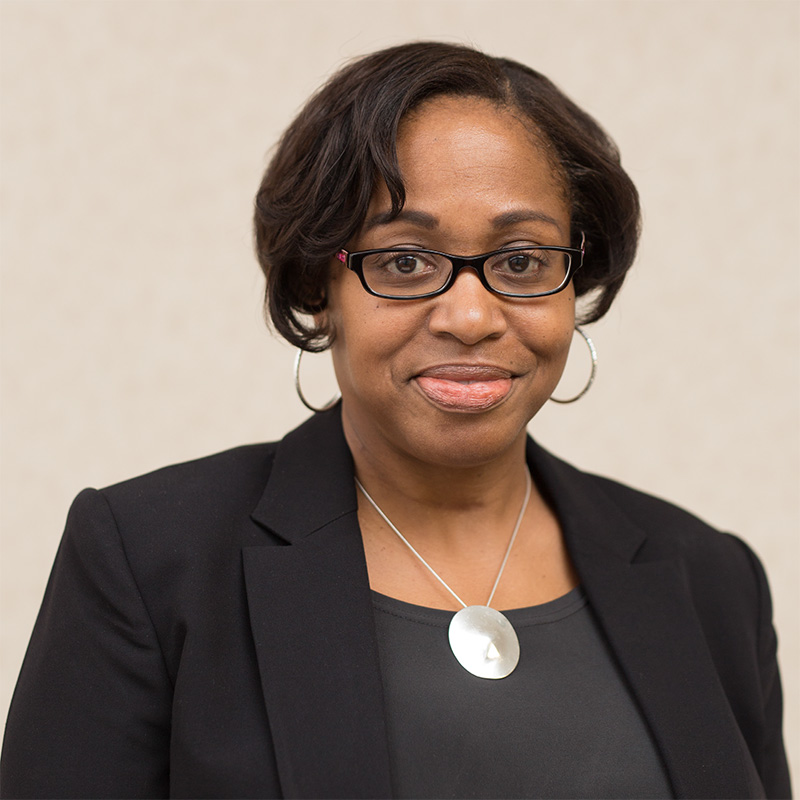Angulique Outlaw, Ph.D., associate professor of Family Medicine and Public Health Sciences, Division of Behavioral Health, and the Wayne State University Prevention, or W’SUP, team have been awarded $100,000 in Ending the HIV Epidemic funding through the Michigan Department of Health and Human Services to develop, promote and pilot test an in-home rapid HIV testing program for high-risk individuals ages 18 to 34 in the city of Detroit and Wayne County.
The project will be managed by Monique Green-Jones, M.P.H., the W’SUP project manager, and will be promoted on social media platforms. Participants will work virtually with an HIV test counselor during in-home testing and the follow-up process or prevention or treatment planning. The project will officially launch Nov. 1 and will be implemented for one year.
implemented for one year.
The project will serve as a pilot for a larger multi-site project involving in-home rapid HIV testing for adolescents and young adults.
On Aug. 24, Dr. Outlaw was a presenter in the second of a four-part series webinar organized by The Effi Barry Training Institute. Dr. Outlaw’s presentation was titled “How to: Building and Conducting Community Based Participatory Research.”
The series invites participants to deep-dive into strategies and theories behind community-engaged work with populations affected by HIV. The series introduces participants to the nuance of community engagement and cultural humility, provides concrete examples of guiding principles for community-based participatory research, and guides participants in implementing the results in authentic and sustainable ways. The webinar encourages participants and organizations to explore ways to re-focus on community members as key partners and decision-makers, and to collaborate and innovate effectively with stakeholders while prioritizing them each step of the way.
Dr. Outlaw’s session discussed the rationale for a community-based participatory research approach in public health research; explained the process and challenges of forming and maintaining those partnerships; gave participants the importance of partnerships in the dissemination of research findings and community change; and taught how those practices can be applied to community engagement in HIV prevention, care and treatment programs.